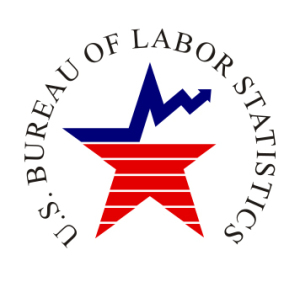by
Astrid Fiano, DOTmed News Writer | September 30, 2009

The U.S. Department of
Labor, Bureau of Labor
Statistics
The U.S. Department of Labor, Bureau of Labor Statistics, has recently released employment statistics that indicate health care as an industry has added 544,000 jobs since the start of the recession. Although employment in hospitals has slowed, employment continued to rise in August, with particular gains in ambulatory care, residential care, and one of the areas of most urgent concern in health care employment, nursing.
DOTmed spoke to Robert Rosseter, Associate Executive Director of the American Association of Colleges of Nursing about how these new statistics relate to the nursing profession.
DOTmed: Do you feel that recent statistics from the BLS are a positive measure for health care overall and for nursing in particular?



Ad Statistics
Times Displayed: 45891
Times Visited: 1302 Ampronix, a Top Master Distributor for Sony Medical, provides Sales, Service & Exchanges for Sony Surgical Displays, Printers, & More. Rely on Us for Expert Support Tailored to Your Needs. Email info@ampronix.com or Call 949-273-8000 for Premier Pricing.
Rosseter: "Despite heavy job losses across most industry sectors in recent months, health care has been able to add new positions, including many new opportunities for registered nurses. This is certainly welcome news to anyone considering a career in the health professions. Given the aging of the U.S. population, the demand for health care services is expected in increase considerable as the Baby Boom generation reaches older adulthood."
DOTmed: Do you feel nursing will continue to be a strong profession?
Rosseter: "Definitely. BLS analysts project that more than 587,000 new registered nurse (RN) positions will be created through 2016. This translates into a wealth of career opportunities within the nursing profession, including opportunities for nurses to provide lifesaving bedside care, conduct research, and teach future generations of nurses."
DOTmed: What are the biggest challenges that arise from the otherwise positive statistics?
Rosseter: "The biggest challenge facing the nursing profession and one of the primary drivers of the ongoing nursing shortage is a lack of nurse educators. Nurses with graduate degrees are in high demand in the practice arena, and many of these expert nurses are unwilling to accept the lower salaries that often come with faculty roles. AACN is working with the larger nursing community and federal legislators to remove barriers to careers as nurse educators and provide financial incentives (i.e. loan repayment programs, scholarships, stipends) for nurses to advance their education to the graduate level and assume teaching positions."
Rosseter also discussed important other implications and ramifications regarding the economic state: "The current downturn in the U.S. economy has led to an easing of the nursing shortage in some parts of the country. Though the nursing workforce is showing signs of stabilizing, workforce analysts express caution about calling this the end of the nursing shortage. When the economy recovers, it is very likely that old workforce patterns will re-emerge, and the nursing shortage is predicted to intensify."
The Bureau of Labor Statistics can be accessed at: http://www.bls.gov/news.release/empsit.nr0.htm

